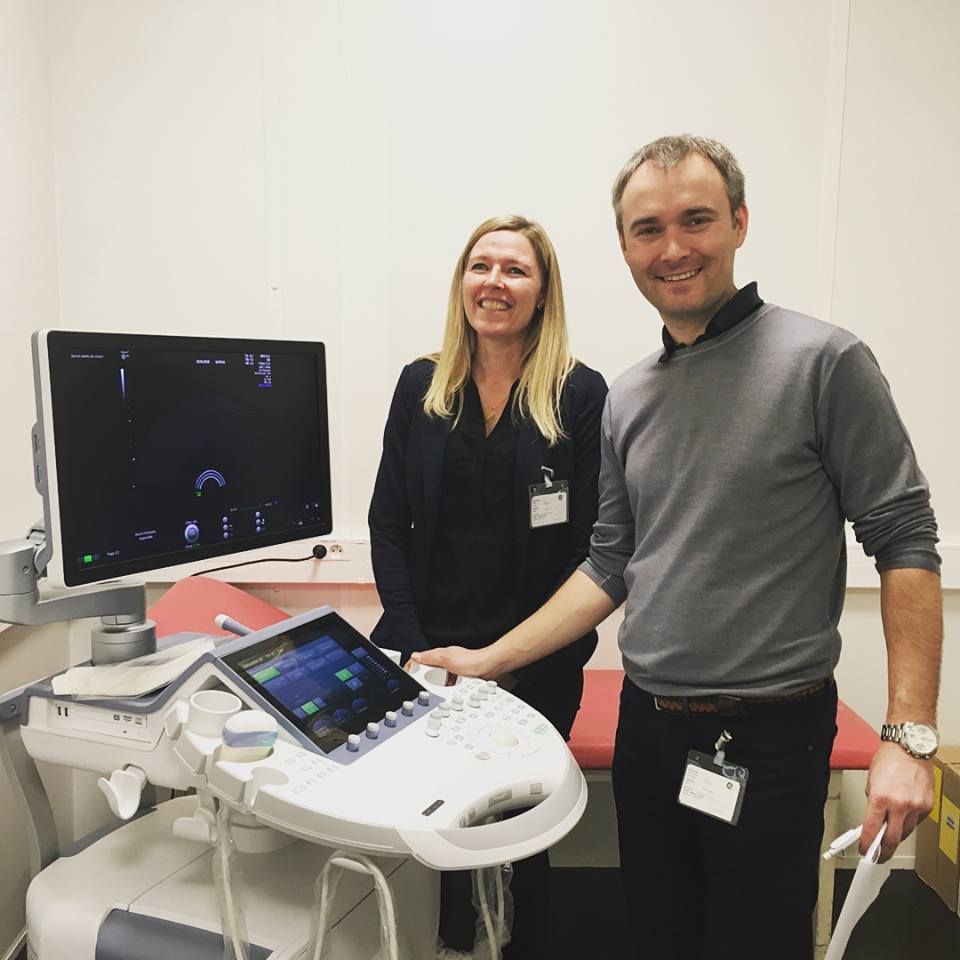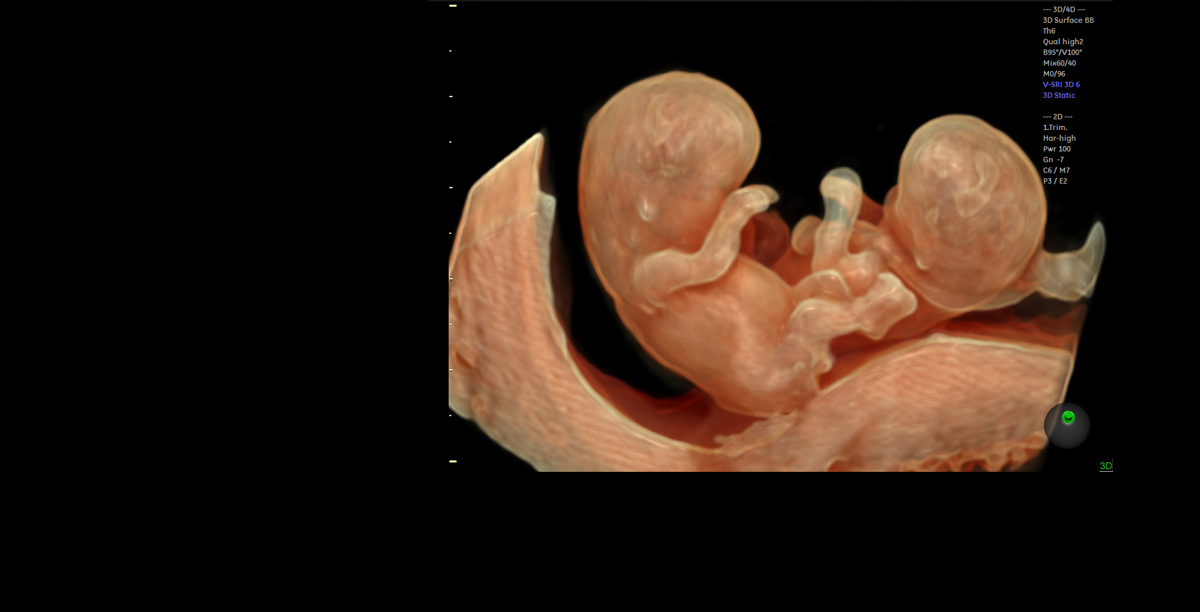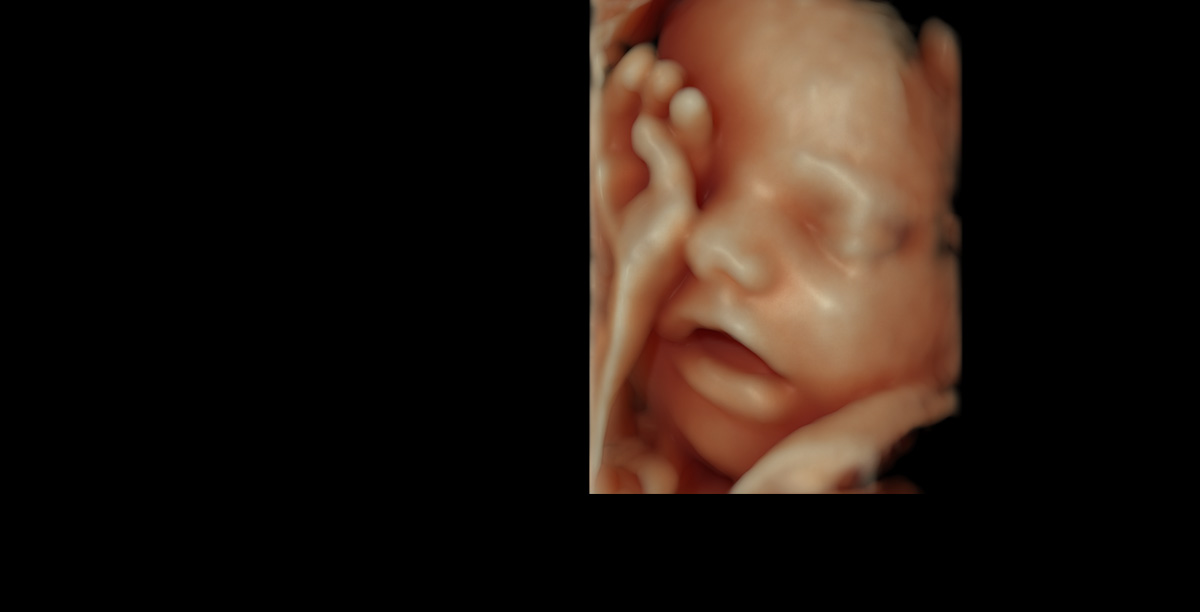The ELITE clinic is looking for sperm donors.
We are looking for healthy men aged 19-40 who have a wish and desire to provide their own help to infertile couples and whose sperm indicators are sufficiently good.
Donor candidates undergo thorough sperm and infection tests at the expense of the Elite Clinic and will need to fill in certain forms. NB! Whether the donor candidate is suitable as a donor will be determined after giving a sperm analysis.
Donors will receive compensation of 200 EUR for the donation of semen after each eligible donation and if the infection tests carried out on the day of donation are normal (the test results have been usually received within 7 days). (more…)








Recent Comments